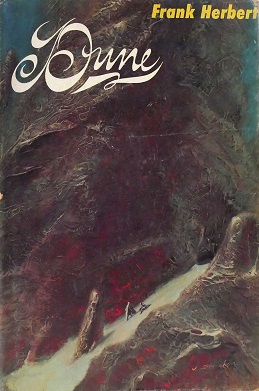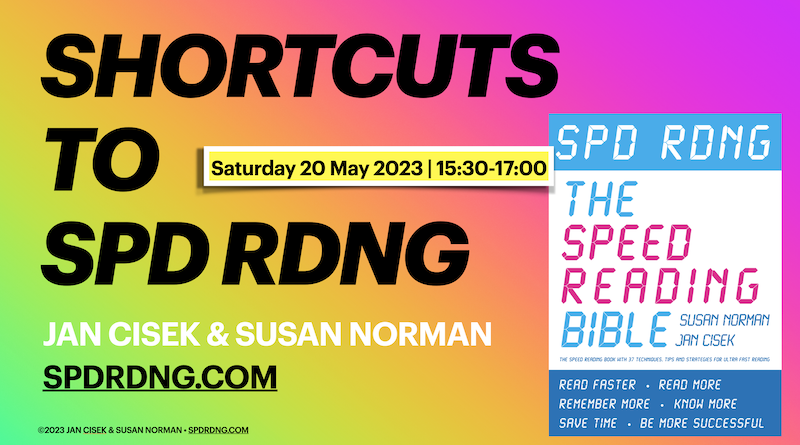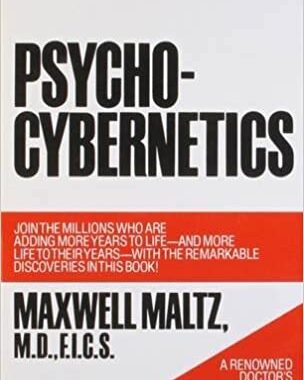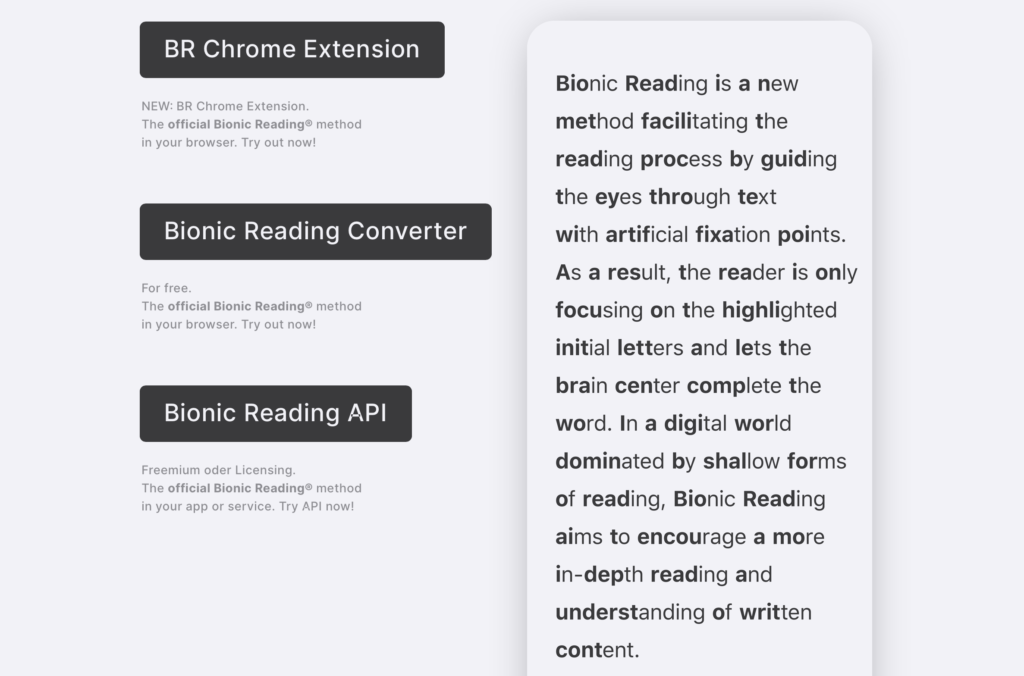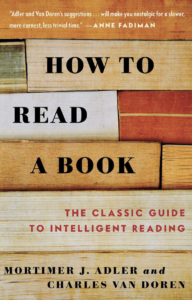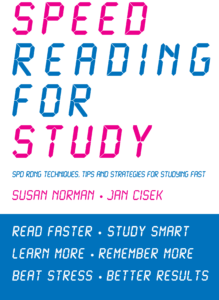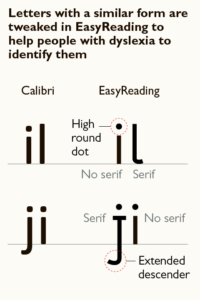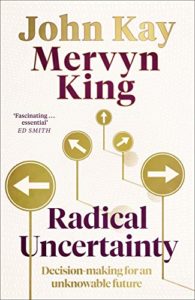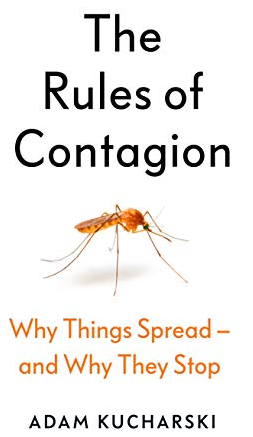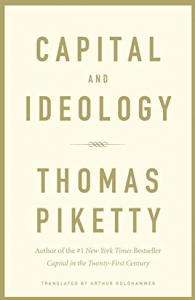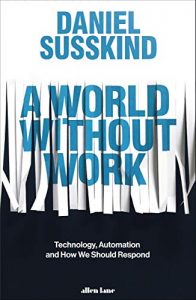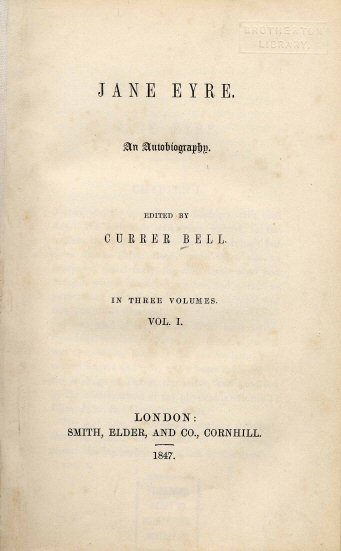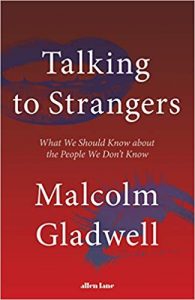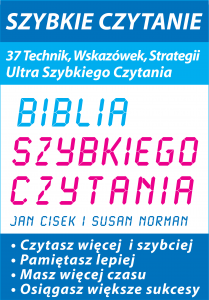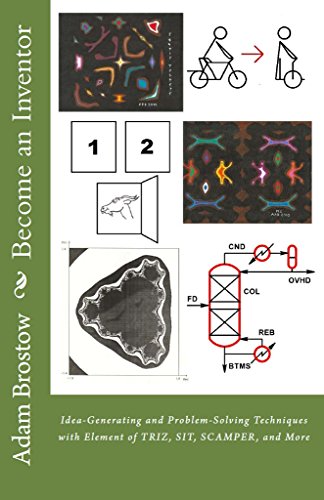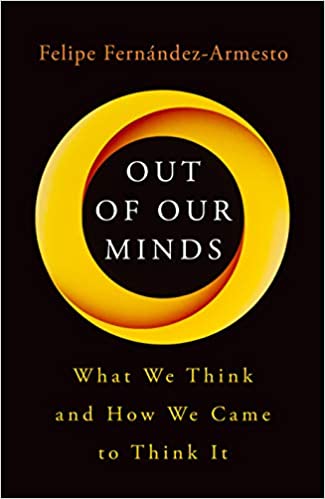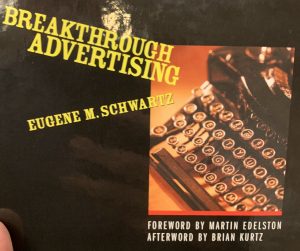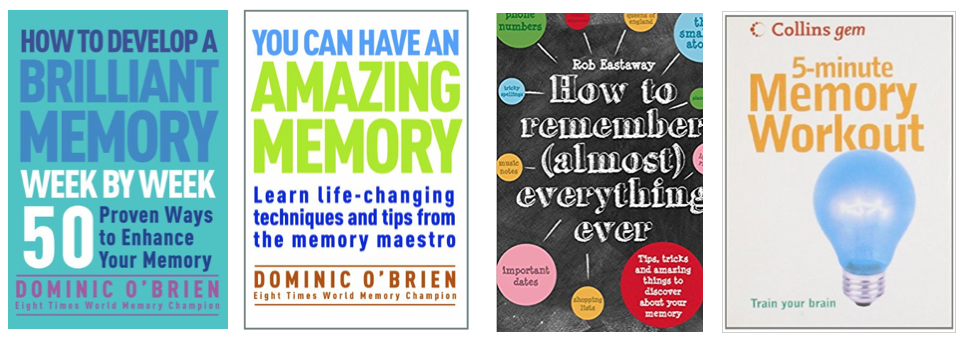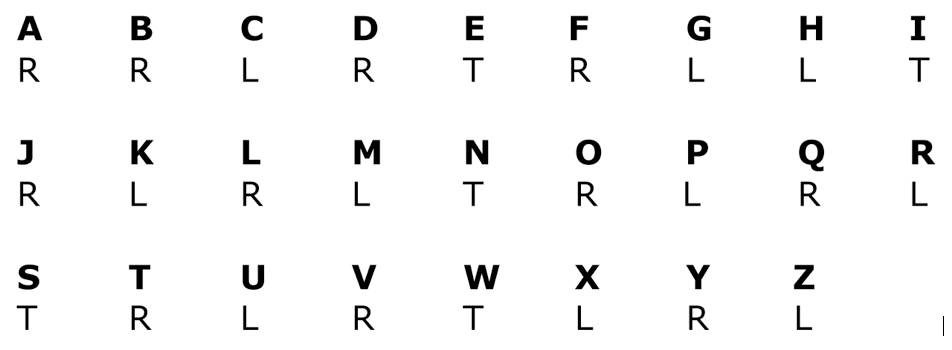
1984 by George Orwell Summary
1984 by George Orwell (1903-1950)
Micro-summary: Nineteen Eighty-Four is George Orwell’s’ terrific and terrifying vision of a totalitarian future in which everything and everyone is a slave to a tyrannical regime under a constant lockdown.
“More relevant to today than almost any other book that you can think of.” Jo Brand, an English comedian, writer, presenter and actress
“Right up there among my favourite books … I read it again and again.” Margaret Atwood, author of
Published 70 years ago, this seminal classic has every generation captivated, especially in the times of any political, social and global turmoil. Big Brother’s long shadows and the vital defence of truth as well as newspeak, doublethink and thought police – refresh your memory of the past and future with the summary of 1984 by George Orwell. Nineteen Eighty-Four popularised the adjective ‘Orwellian’, connoting things such as official government deception and propaganda, secret surveillance, censorship, lockdown or soft martial law, wartime mythology and nostalgia, fact-free leadership, harmful narratives, myths and frames of social control, creative reading and misreadings, repurposing forces of repression for apparent liberation, hijacking and politicising any crisis and manipulation of statistics by a totalitarian or authoritarian state.
Type of work Futuristic, cautionary novel
Setting London, in the mythical country of Oceania; 1984 (in the future)
Principal characters Winston Smith, a rebel against society, Julia, his lover, Mr Charrington, an elderly antique shop owner, O’Brien, the only member of the Inner Party Winston trusts
Story overview
As Winston Smith entered his apartment building, he passed a familiar poster. “It was one of those pictures which are so contrived that the eyes follow you about when you move. BIG BROTHER IS WATCHING YOU, the caption beneath it ran.” Then Winston opened the door to his flat to be greeted by a voice on his “telescreen” – a device he could dim, but never shut off completely. Telescreens broadcasted government propaganda and served as the eyes and ears of the Thought Police, who scrutinized everyone for any possible deviation from acceptable thought or action.
In the flat was a tiny alcove just out of sight from the telescreen’s vision. Winston sat down to write in his diary, an act that was not officially illegal, “but if detected it was reasonably certain that it would be punished by death. …” While he sat writing, a recent memory stirred in his mind; that day’s “Two Minutes Hate,” a government-sponsored work break in which every worker at the Ministry of Truth was required to participate, had consisted of an interlude when everyone raged and screamed as the telescreen alternately flashed images of enemy Eurasian soldiers and Golstein, an abhorred traitor. That morning, Winston had noticed a “bold-looking girl of about twenty-six” who worked in the Fiction Department. This particular girl – wearing the bright scarlet sash of the official anti-sex league – gave him “the impression of being more dangerous than most,” and Winston had the unnerving feeling that she was watching him.
Continue reading →
 The most comprehensive book on speed reading, guiding readers through simple techniques, strategies and tips to improve their reading speed, understanding and concentration.
The most comprehensive book on speed reading, guiding readers through simple techniques, strategies and tips to improve their reading speed, understanding and concentration.
